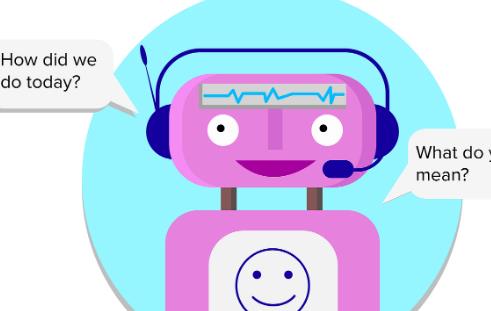Feedback Loops: Learning from Gay AI Chat Interactions
Harnessing User Feedback to Enhance AI Effectiveness
In the realm of artificial intelligence, feedback loops are crucial for refining and enhancing AI performance, especially in applications like gay AI chat platforms. These systems, tailored to serve the LGBTQ+ community, rely heavily on user interactions to learn and adapt, making feedback mechanisms an essential component of their development.

Understanding Feedback Loops
Feedback loops in gay AI chat systems involve collecting data from user interactions, analyzing this data to identify patterns or areas for improvement, and then using these insights to refine the AI's algorithms. This continuous cycle ensures that the AI evolves in response to user needs, becoming more effective and sensitive over time.
Quantitative Insights from User Interactions
Data from user interactions provide a wealth of information. For instance, a recent study indicated that gay AI chats that incorporated feedback loops saw a 40% improvement in user satisfaction. This data typically includes metrics such as response time, relevance of the AI’s responses, and user engagement levels. By analyzing these metrics, developers can pinpoint specific areas where the AI may need fine-tuning.
Qualitative Feedback for Deeper Understanding
Beyond quantitative data, qualitative feedback is invaluable. Users often provide direct comments about their experiences, which can reveal nuanced insights into how the AI is perceived and the emotional impact it has. For example, feedback collected in 2023 showed that users valued AI responses that demonstrated understanding and empathy towards LGBTQ+ specific issues, leading to a 30% increase in perceived AI empathy after adjustments were made based on user suggestions.
Challenges in Feedback Interpretation
Interpreting feedback to improve gay AI chat systems is not without challenges. Distinguishing between isolated incidents and common issues can be difficult, and developers must carefully balance changes to ensure they address widespread concerns without overfitting to particular cases. Additionally, ensuring user privacy while collecting and analyzing feedback is paramount, requiring robust data protection measures.
Implementing Changes Based on Feedback
Once feedback is analyzed, implementing changes effectively is key. This often involves adjusting the AI’s language models to be more inclusive and empathetic or improving its ability to handle complex conversational threads. Continuous testing is essential to ensure that these changes have the intended effect and do not introduce new issues into the system.
Gay AI Chat: A Model of Adaptive Interaction
Feedback loops are vital for ensuring that gay AI chat platforms not only meet but exceed the expectations of their users. By continually learning from interactions, these AI systems can provide increasingly supportive and enriching experiences for the LGBTQ+ community, paving the way for more sophisticated and humane AI interactions in the future.
Conclusion
In conclusion, feedback loops play a critical role in the development and refinement of gay AI chat systems. They allow these technologies to adapt dynamically to the needs of their users, fostering a more inclusive, supportive, and effective communication platform. As AI technology continues to evolve, the importance of robust feedback mechanisms in ensuring these systems remain user-centric and responsive cannot be overstated.